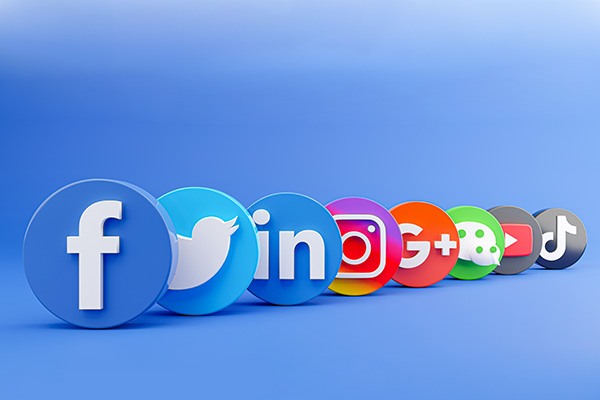Social media has become an integral part of our lives. It allows us to stay connected with friends and family, learn about current events, and express ourselves creatively. However, like any powerful tool, social media can also be used for negative purposes.
One of the biggest benefits of social media is its ability to connect people. We can use social media to stay in touch with friends and family who live far away, meet new people who share our interests, and build communities around shared values. Social media can also be a valuable tool for learning about current events and finding information on a variety of topics.
In addition, social media can be a great way to express ourselves creatively. We can use social media to share our thoughts and feelings, write blog posts, create videos, and post photos. Social media can also be a platform for activism and social change.
However, social media also has its downsides. One of the biggest concerns is the spread of misinformation and disinformation. Social media platforms can be used to spread false or misleading information, which can have a negative impact on public opinion and decision-making.
Another concern is the impact of social media on mental health. Studies have shown that heavy social media use can be linked to depression, anxiety, and loneliness. This is likely due to the fact that social media can lead to feelings of inadequacy, FOMO (fear of missing out), and social comparison.
Finally, social media can be addictive. The constant stream of notifications and updates can make it difficult to disconnect from social media, even when we need to. This can lead to problems such as sleep deprivation, decreased productivity, and relationship problems.
Overall, social media is a powerful tool that can be used for both good and bad. It is important to be aware of the potential downsides of social media and to use it responsibly. Here are some tips for using social media in a healthy way:
- Be mindful of how much time you spend on social media. Set limits on yourself and stick to them.
- Be selective about who you follow. Unfollow accounts that make you feel bad about yourself or that spread misinformation.
- Take breaks from social media regularly. Spend time doing other things that you enjoy, such as spending time with loved ones, exercising, or reading.
- Use social media to connect with people and share positive content. Avoid using social media for comparison or to spread negativity.
If you find that social media is having a negative impact on your mental health or well-being, it is important to seek help. Talk to a therapist or counselor about your concerns. You may also want to consider taking a break from social media altogether.
